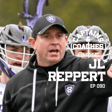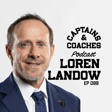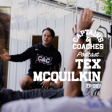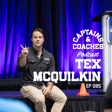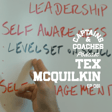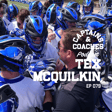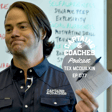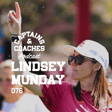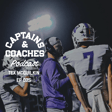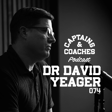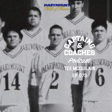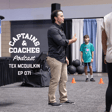
068 - Gamifying Nutrition for Teens w/ Jen Broxterman
What if the secret to sustainable nutrition change wasn't more information, but better engagement?
Jen Broxterman, RD, turned her passion for behavior change psychology into a half-million dollar nutrition practice—without traditional marketing. Her approach? Making healthy eating so fun and simple that clients become her biggest advocates.
In this conversation, we explore the tools that transform nutrition from a chore into a game. You'll discover:
- The Water Balloon Method – A visual tracking system that builds self-awareness without shame or obsession
- Netflix Season 2 – A goal-setting framework that helps teens articulate what they truly want (not what they think they should want)
- Six by Sixteen – Teaching young adults essential cooking skills through social connection
- The Curious Detective – Using motivational interviewing to help athletes solve their own problems
We tackle the hard stuff: energy drinks wreaking havoc on teenage nervous systems, the protein powder trap, why breakfast remains the ultimate battleground, and how to get parents bought into creating environments that serve their athletes.
This episode is for coaches who want to empower rather than prescribe, parents navigating the nutrition chaos of teenage athletics, and anyone who believes that lasting change comes from within—not from another meal plan.
Your environment saves you. Let's design one that works.
Jen Resources: Free masterclass + coaching games: https://www.prospernutritioncoaching.com/shownotes
Training - Old Bull Program - 7 Day Free Trial - https://bit.ly/old-bull-train
Education - Why They're Not Listening: Coaching the Modern Athlete - http://listen.captainsandcoaches.com
#SportsNutrition #TeenAthletes #BehaviorChange #NutritionCoaching #YouthSports #AthleteDevelopment #MotivationalInterviewing #HealthyTeens #CoachingTools #NutritionForAthletesRetry #teenagers #nutrition
